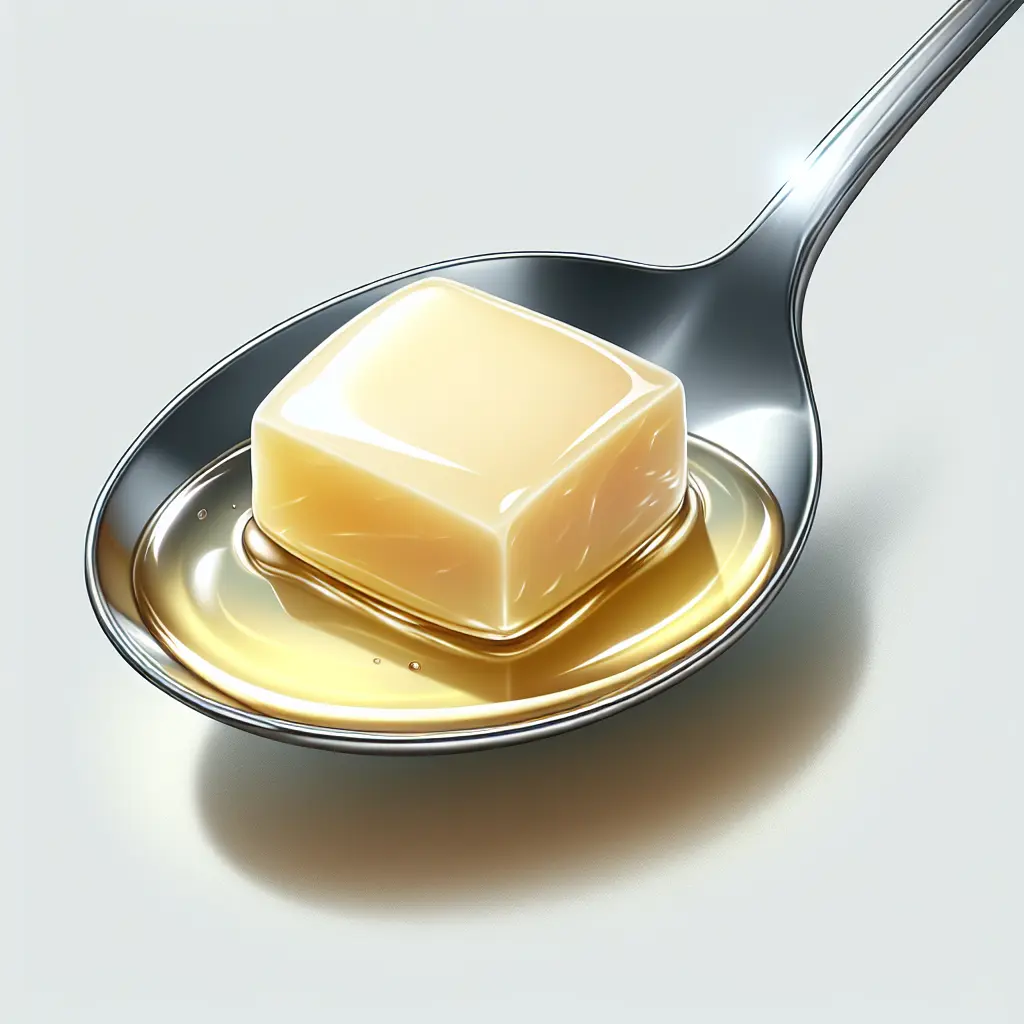The Culinary Allure of Chicken Fat
Chicken fat, a byproduct of chicken rendering, is a rich and flavorful substance that has been used in various cuisines for centuries. Its distinct taste and versatility make it a prized ingredient among culinary enthusiasts. Unlike other animal fats, chicken fat possesses a relatively mild flavor profile, allowing it to complement a wide range of dishes without overpowering their natural flavors.
Nutritional Profile of Chicken Fat
While chicken fat is primarily composed of fat, it also contains a small amount of protein and no carbohydrates. One tablespoon of chicken fat contains approximately:
- Calories: 115
- Protein: 0 grams
- Fat: 13 grams (of which 3 grams are saturated fat)
- Carbs: 0 grams
- Fiber: 0 grams
- Sugar: 0 grams
Despite its high-fat content, chicken fat is a good source of essential fatty acids, including omega-6 and omega-9 fatty acids. These fatty acids play a vital role in maintaining heart health, reducing inflammation, and supporting cognitive function.
Versatile Applications of Chicken Fat
The culinary applications of chicken fat are diverse, offering a unique flavor and richness to both savory and sweet dishes. Here are some popular ways to incorporate chicken fat into your cooking:
- Roasting: Chicken fat adds a golden-brown crisp to roasted vegetables, meats, and poultry.
- Sautéing: Use chicken fat as a flavorful base for sautéing vegetables, onions, or garlic.
- Baking: Chicken fat imparts a flaky, tender texture to pastries, biscuits, and pie crusts.
- Frying: Chicken fat is an excellent choice for frying chicken, fish, or potatoes, resulting in a crispy and flavorful exterior.
- Spreading: Rendered chicken fat can be spread on bread or crackers as a savory alternative to butter.
Tips for Using Chicken Fat
- Rendering: To render chicken fat, simply simmer chicken skin or fat trimmings in a pot until the fat has separated from the solids. Strain the fat into a jar or container and store it in the refrigerator for up to 6 months.
- Flavoring: Chicken fat can be infused with herbs, spices, or aromatics to create flavorful variations.
- Storage: Store rendered chicken fat in an airtight container in the refrigerator for up to 6 months. For longer storage, it can be frozen for up to 1 year.
Conclusion
Chicken fat is an often-overlooked culinary gem that deserves a prominent place in the kitchens of home cooks and professional chefs alike. Its unique flavor profile, nutritional benefits, and versatile applications make it a valuable ingredient for enhancing the taste and texture of various dishes.
How many calories are in Chicken Fat?
Each 1 tbsp of Chicken Fat contains 115 calories.
Chicken Fat Nutritional Information
| Nutrient | Amount per 1 tbsp (13g) |
|---|---|
| Calories | 115 Calories |
| Protein | 0g |
| Fat | 13g |
| Saturated Fat | 3.8g |
| Cholesterol | 0.011mg |
| Carbohydrates | 0g |
| Dietary Fiber | 0g |
| Sugar | 0g |
| Sodium | 0mg |
| Potassium | 0mg |
| Calcium | 0mg |
| Iron | 0mg |
